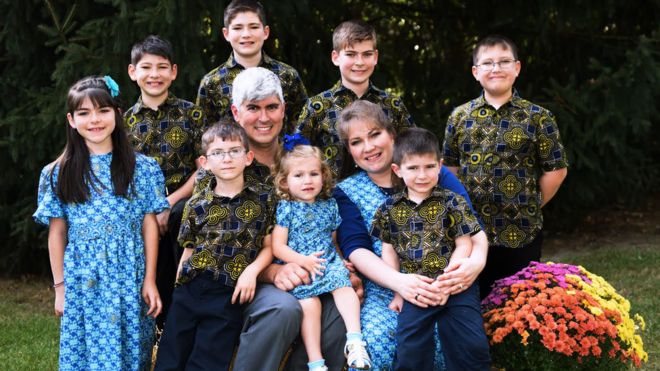US missionary Charles Wesco Killed in Cameroon
Charles Wesco was in
a car with his wife, son, another missionary and a driver on their way to a
market in the city of Bamenda when he was shot.
He was caught in
cross-fire between the security forces and separatist fighters, a government
statement said.
The country's two
English-speaking provinces have been hit by more than a year of deadly
violence.
The government has
blamed the rebels for killing Mr Wesco, saying its troops had killed the four
fighters responsible.
Defence Minister
Joseph Beti Assomo said the 44-year-old cleric was targeted by rebels planning
to attack a nearby university.
But an Anglophone
separatist group, which wants to form a breakaway state called Ambazonia, said
government soldiers were to blame for the killing.
Hundreds have died
in violence in Cameroon's North-West and South-West since October 2016 - many
of these in the main city of Bamenda.
Mr Wesco, 44, had
moved with his family to Bambili, which is on the outskirts of Bamenda, from
the US state of Indiana.
The Wesco family had
spent years raising funds for their move to Cameroon, said Pastor Dave Halyaman
of the US-based Believers Baptist Church, which sent the family on the mission.
He told the BBC that
Mr Wesco's wife, Stephanie, had described her husband's death as a tragedy but
she said that she believed God allowed it for a purpose.
He said the church
was being assisted by the US State Department in their efforts to bring the
Wesco family home to the US "hopefully in a week or less".
The crisis in
Anglophone Cameroon
Began in
2016 with demonstrations by English-speaking lawyers, students and teachers
Protests
against marginalisation by the French-speaking majority met with a crackdown
Activists arrested,
and several protesters shot by security forces
Separatist
demands for an independent state grew, resulting in increasing violence
Some
symbolically proclaimed the independence of a new state called
"Ambazonia"
Some 160,000
people have fled their homes in Cameroon, the UN says
More than
20,000 have fled to Nigeria
Journalists
being denied access to conflict zones.


No comments